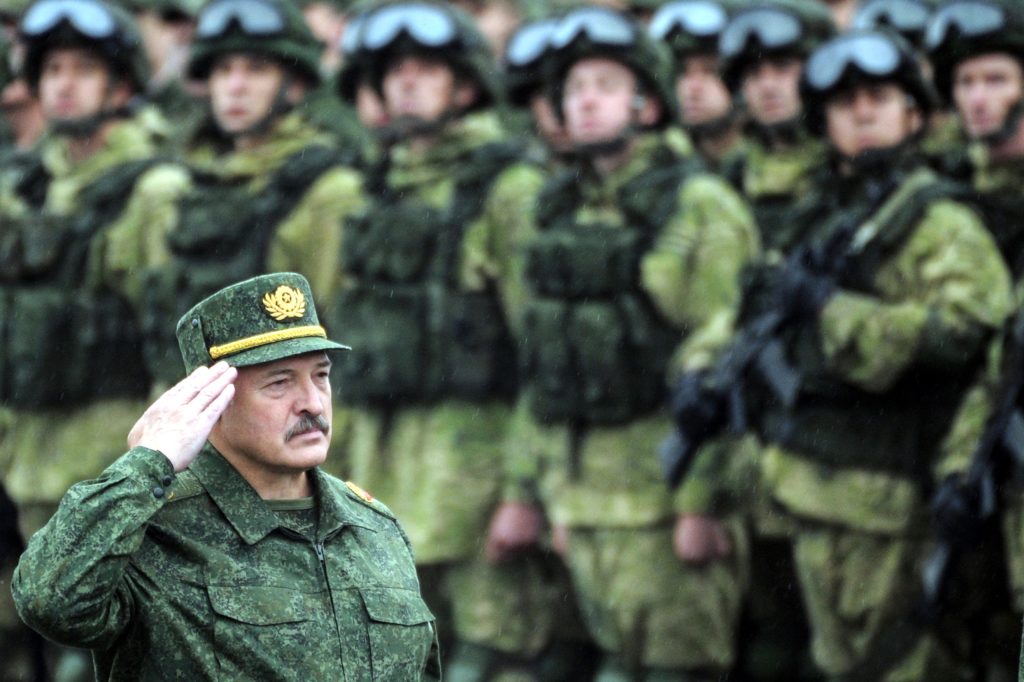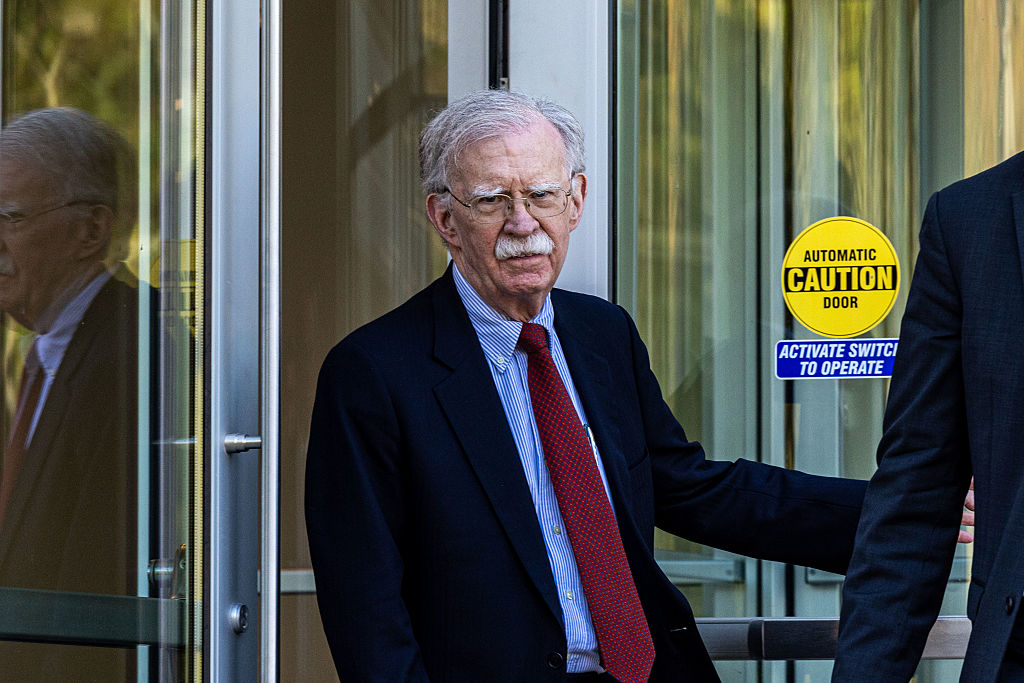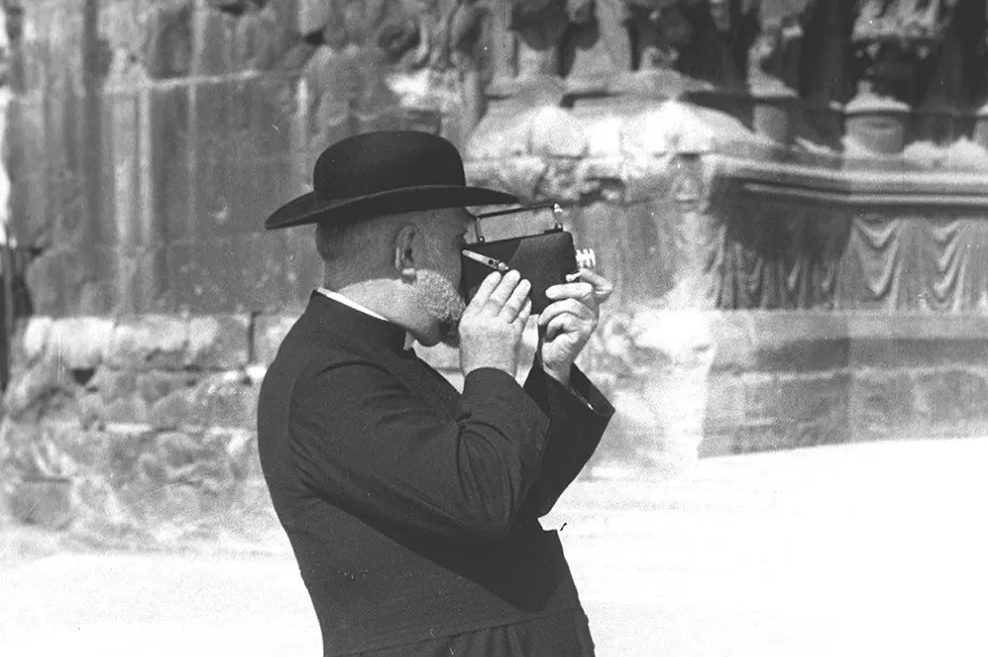It is a stark statement about Alexander Lukashenko’s thuggish dictatorship that it never even pretended to reform its security apparatus after the Soviet Union was dissolved. Instead, the local branch of the USSR’s State Security Committee (KGB) simply became the Belarus KGB in a transition so seamless they scarcely even changed the logo.
Lukashenko, the former collective farm boss, even puts KGB veteran Vladimir Putin to shame in the trust he places in his spooks and the degree to which they have become a mainstay of his regime. They are powerful and well-resourced and like their Soviet predecessor they operate as both an intelligence service abroad and a political police force at home.
As Belarus’s opposition and independent media have increasingly been forced into exile, the KGB has combined those two dimensions into a vicious campaign against them in Europe and beyond.
When Belarusian opposition journalist Roman Protasevich’s plane was forced down in Minsk, there were other Belarusians on that Ryanair flight who quietly sifted out of sight. These were presumably members of the KGB. It would have been the KGB that monitored his activities and made sure Minsk knew which aircraft to target.
Since then, Protasevich has been transferred to its special detention center, SIZO KGB, known ironically as the ‘Amerikanka,’ where fellow political prisoners face a brutal regime with minimal access to lawyers and visitors, and regular psychological or physical abuse.
Furthermore, Belarusian opposition activists in Poland have since reported that they were warned that KGB agents were passing their details on to violent neo-fascists who have been known to do their dirty work in the past.
When Lukashenko went after Protasevich, it was not just because the 26-year-old editor of the Nexta Telegram channel had become a powerful counter to the regime’s own leaden propaganda. It was also part of the KGB’s wider campaign to intimidate the émigré movement.
Every embassy has a rezidentura, a KGB station, tasked not so much with conventional espionage as with keeping tabs on local members of the Belarusian community — and especially anyone believed to be supportive of the political opposition. This can be as petty as donating a few euros to help fund an independent media outfit or posting critical messages on social media: it all gets logged and reported back to an increasingly paranoid Minsk.
Lukashenko makes no bones about this, recently warning opposition supporters ‘we know your faces, and it’s just a matter of time for you’.
Why should this be allowed to continue? To be blunt (almost) everyone spies on (almost) everyone else (as the recent revelations about US-Danish espionage operations against Germany, France and Sweden remind us). There is an unspoken but shared etiquette to this game. However, attempts to prosecute domestic repression on other countries’ soil is an affront to national sovereignty and fundamental decency.
Expelling an officer here and there may be satisfying to headline-grabbing politicians, but it has minimal real impact. As the Czechs recently showed the Russians, it is the wholesale purge of whole rezidenturas that make a difference.
This would not only be a strong statement that Lukashenko will not be allowed to export his oppression, it also deals a serious blow to the KGB’s capacities abroad. (Of course, it can seek to use other assets, but without diplomatic immunity they face trial and imprisonment if caught.)
Unlike economic sanctions, kicking out known and suspected KGB officers has no real cost to us. To be sure, Lukashenko will impose tit-for-tat expulsions, but there is little meaningful diplomacy to be done these days, there are few westerners in Belarus needing consular support, and as he has closed his country’s borders, little visa paperwork to process.
Cheap, politically symbolic, and genuinely meaningful. The UK and Europe should get onto it right now.
This article was originally published on The Spectator’s UK website.

























